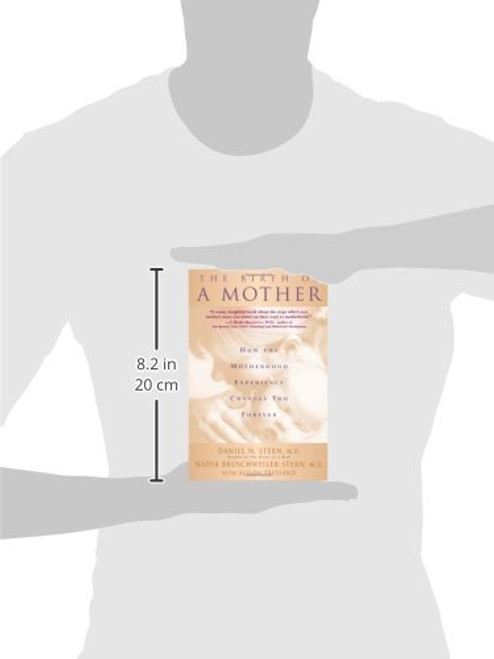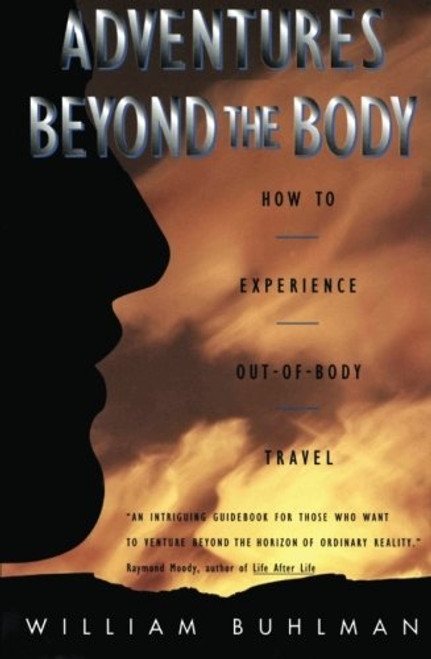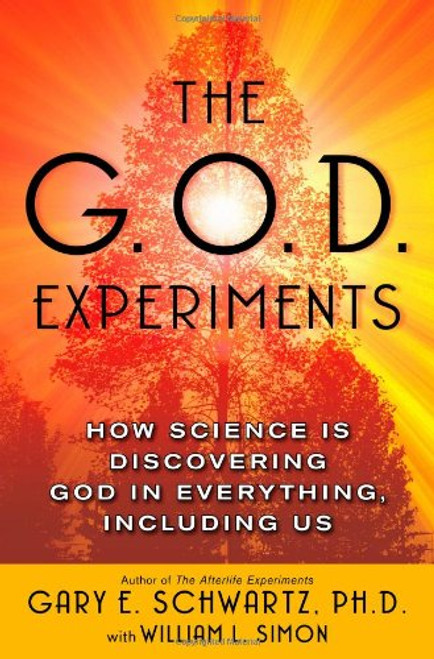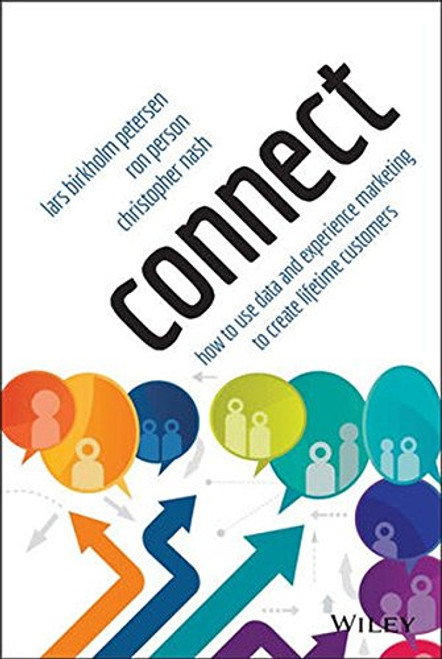Product Overview
Galison provides excellent histories of three experimental episodes: the measurement of the gyromagnetic ratio of the electron, the discovery of the mu meson, or muon, and the discovery of weak neutral currents. These studies of actual experiments will provide valuable material for both philosophers and historians of science and Galison's own thoughts on the nature of experiment are extremely important. . . . Galison has given both philosophers and historians much to think about. I strongly urge you to read this book. Allan Franklin, British Journal of the Philosophy of Science
Anyone who is seriously concerned with understanding how research is done should read this. There have been many books on one or another part of its subject matter but few giving such insights into how the research is done and how the consensus of discovery is arrived at. Frank Close, New Scientist
[Galison] is to be congratulated on producing a masterpiece in the field. Michael Redhead, Synthese
How Experiments End is a major historical work on an exciting topic. Andy Pickering, Isis
Anyone who is seriously concerned with understanding how research is done should read this. There have been many books on one or another part of its subject matter but few giving such insights into how the research is done and how the consensus of discovery is arrived at. Frank Close, New Scientist
[Galison] is to be congratulated on producing a masterpiece in the field. Michael Redhead, Synthese
How Experiments End is a major historical work on an exciting topic. Andy Pickering, Isis






